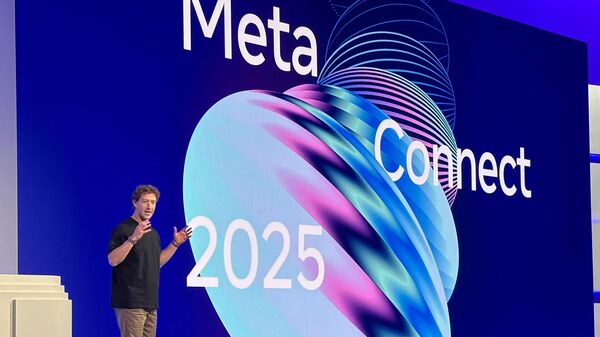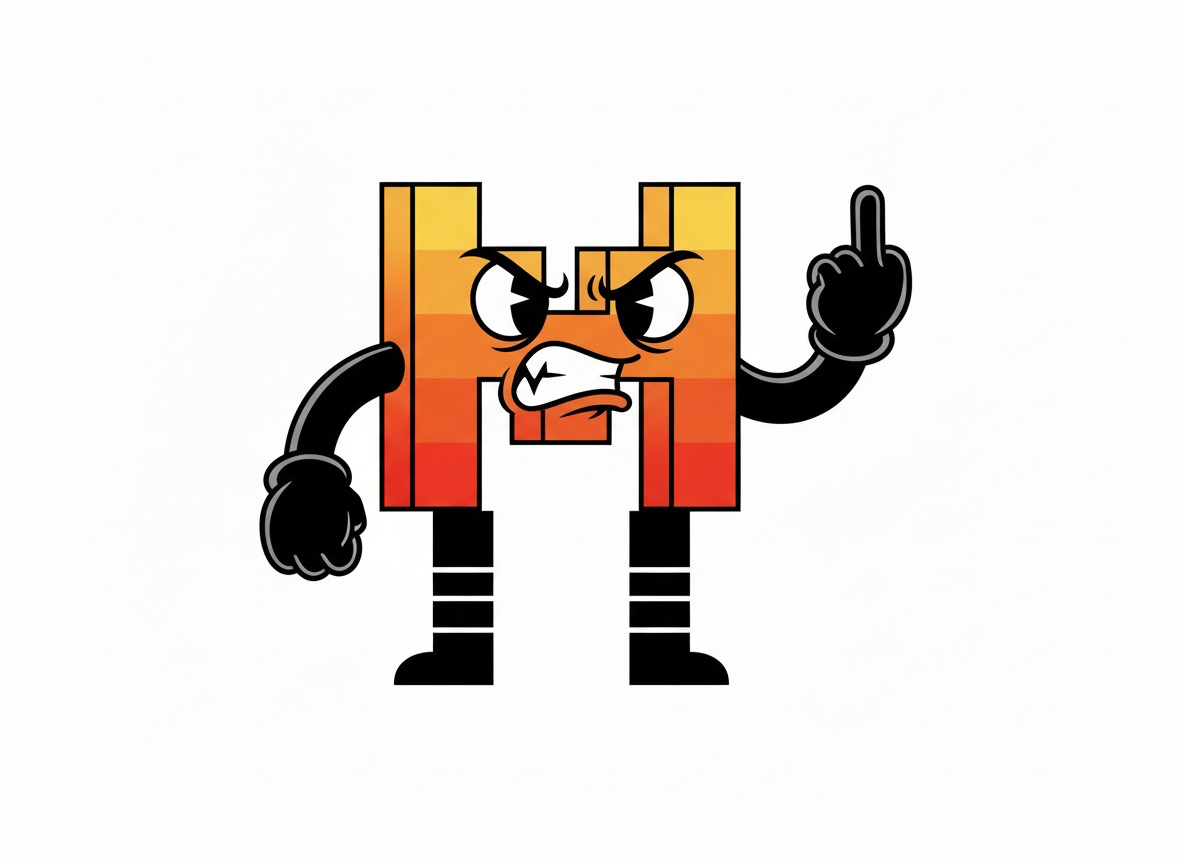
Zuckerberg's Whiplash Leadership is Killing Meta's AI Ambitions
How Meta's $72 billion AI gamble is failing to deliver competitive models, with critics pointing to Zuckerberg's flip-flop strategy as the culprit.
Meta’s AI division is bleeding talent while its Llama models fall further behind competitors. The company that once led the open-source AI revolution now appears directionless, firing 600 AI staffers after a massive spending spree that saw capital expenditures reach a staggering $72 billion in a single year - more than the GDP of three US states combined.
The common thread through every misstep? Mark Zuckerberg’s signature leadership style: aggressive pivoting, impatience with results, and a tendency to abandon strategies at the first sign of trouble.
The Great AI Purge of 2025
The recent 600-person layoff ↗ in Meta’s AI division wasn’t just another corporate restructuring. It was the culmination of Zuckerberg’s growing “frustration with the company’s pace of progress, particularly after the release of its Llama 4 model in April, which received a muted response from developers.”
Meta’s AI organization had become “large and complex, with FAIR and other product-oriented teams often competing for computing resources”, according to internal reports. When Chief AI Officer Alexandr Wang’s team joined Meta to create Meta Superintelligence Labs, they absorbed the existing AI unit, and the layoffs were intended to “trim the department and strengthen Wang’s leadership role.”
The message is clear: after pouring unprecedented resources into AI, Zuckerberg is losing patience. The restructure follows a pattern seen across Meta’s history - when initial results disappoint, the CEO pivots hard rather than staying the course.
From Metaverse to AI to… Whatever’s Next
Zuckerberg’s approach to strategy resembles a gambler chasing losses. His dramatic shifts become particularly apparent when you examine his track record:
- The Metaverse Bet (2021-2023): He renamed the entire company Meta and declared “the metaverse is the next chapter for the internet.” Reality Labs lost $60-70 billion while Horizon Worlds became a “ghost town.”
- Open-Source AI Focus (2023-2024): He claimed openness would give Meta an “unbeatable advantage”, positioning Llama models as the Linux of AI.
- Personal Superintelligence Pivot (2024): When open-source didn’t deliver immediate dominance, he abruptly shifted to “personal super intelligence” as the new focus.
- Infrastructure Overdrive (2024-2025): Meta took out what amounts to a $29 billion loan - the first time in recent memory that even Meta’s “insane cash flows couldn’t cover what he’s doing.”
One former colleague summarized the sentiment: “Zuckerberg isn’t someone who commits to an idea long enough. Flipflopping seems to be in his DNA as a CEO.”
The Llama 4 Debacle and What Comes Next
The Llama 4 release in April 2025 was supposed to be Meta’s answer to GPT-5 and Gemini Ultra. Instead, it landed with a thud. Developers found it underwhelming, and internally, the disappointment triggered a major restructuring. As Business Insider reported ↗, Meta is shifting from “AI research mode” to “AI productization mode” - cutting “overlapping research or support teams” once the heavy lifting of model training is complete.
The timing couldn’t be more telling. Just months after the Superintelligence Labs reorganization in June 2025, Meta is already cutting 600 positions. This rapid cycle of hire-reorganize-fire suggests a company struggling to find its AI footing.
As one industry analyst noted: “Think of it like the moment after an airplane reaches cruising altitude: you need fewer hands in the cockpit. The heavy lift training, data labeling, model architecture is done. Now the focus is on efficiency, inference, and monetization.”
The Competitor Conundrum
While Meta struggles with leadership consistency, competitors are executing with focus. Google smoothly transitioned from Bard to Gemini, while Deepseek and Mistral have eaten Meta’s open-source lunch. Even Meta’s internal products tell the story:
- Meta Vibes, their AI video generator, routinely fails to crack the top 100 apps despite being free and globally available
- Meta’s chatbot has completely failed to take market share from ChatGPT
- AI coding is dominated by GitHub Copilot
- AI search remains Google’s domain
- Specialized AI apps like Google’s Notebook LM and Nano Banana have found traction while Meta’s celebrity AI avatars were “spectacular failures”
The one area where Meta showed early promise - open-weight models - is now seeing the company “abandon its open-source commitments anyway” as competition intensifies.
The Structural Enablers: Why Zuckerberg Can Keep Failing Big
Zuckerberg’s leadership style is uniquely suited to this cycle of massive bets and rapid pivots. Three structural factors enable this behavior:
-
Absolute Control: Zuckerberg owns only about 13% of Meta’s stock but controls around 60% of the vote, making him effectively unfireable regardless of performance.
-
Cash Cow Operations: Facebook and Instagram continue generating so much cash that Meta “can afford to burn a couple of billion dollars or even tens of billions” on failed experiments.
-
Personality Flexibility: As observers note, “He clearly seems to be able to just throw away former beliefs incredibly easily, be those political, moral, or technology related.”
This combination means Zuckerberg can take bigger risks than most CEOs - and walk away from failures that would sink other leaders.
The Smart Glasses Surprise
Ironically, Meta’s most promising recent product emerged almost by accident. The Meta Ray-Ban smart glasses were “just supposed to be kind of tiny stepping stones on the way to those” more complex metaverse devices. Yet these “relatively simple devices that appear to have shown by far the most traction so far” represent the kind of iterative success that could have characterized Meta’s AI approach.
Zuckerberg himself admitted the glasses’ success “were originally quite a surprise for him.” He expected mass appeal would only come once they could project rich 3D environments using complex displays - the metaverse vision he’d bet billions on.
The Investor Paradox
Perhaps most telling is investor reaction - or lack thereof. While most tech giants face immediate shareholder pressure when wasting “a couple of billion dollars or even tens of billions”, Meta’s investors “don’t really seem to care.” The core advertising business continues generating enough profit to subsidize Zuckerberg’s experiments indefinitely.
This creates a dangerous feedback loop: without accountability for failed bets, there’s little incentive for strategic consistency. The recent job cuts suggest even Zuckerberg recognizes the limits - but whether this leads to genuine focus or just another pivot remains unclear.
The Future of Meta AI: Llama 5 or Another Pivot?
The central question for Meta’s AI ambitions isn’t technical capability or funding - it’s leadership stability. Can Zuckerberg commit to a direction long enough to see it through? Recent history suggests not.
As development forums note, “I strongly believe Llama 5 will not come out any time soon. I don’t think there will be any Llama5, to be honest.” The prevailing sentiment is that Meta has lost its open-source advantage and competitive edge.
The real tragedy might be that Meta has the resources and talent to compete with anyone in AI. But until Zuckerberg either develops strategic patience or cedes control to more consistent leadership, the company will likely continue its pattern of massive spending followed by abrupt course corrections - leaving developers, employees, and investors wondering what comes after the next inevitable pivot.



